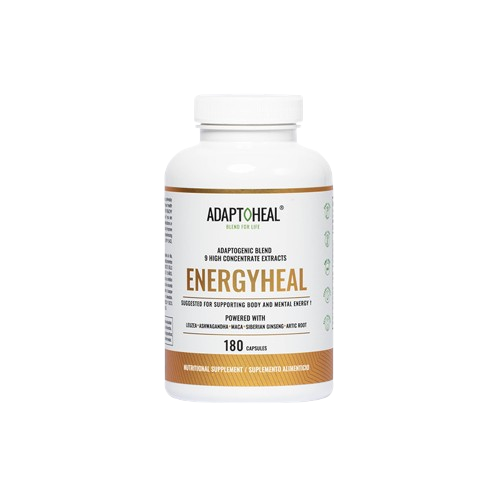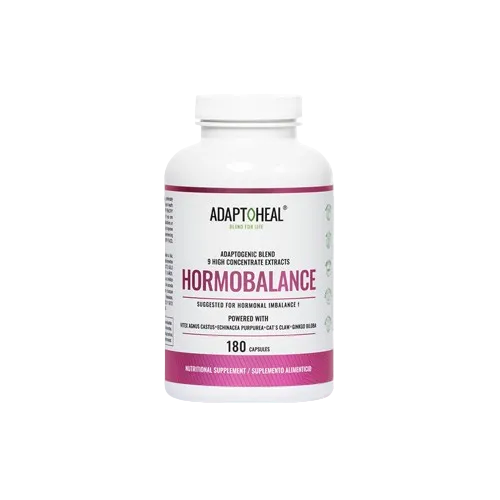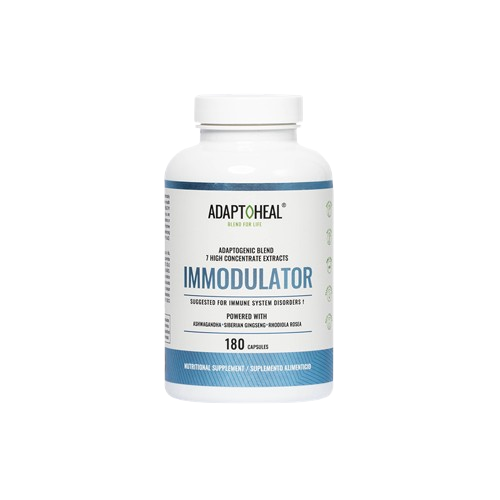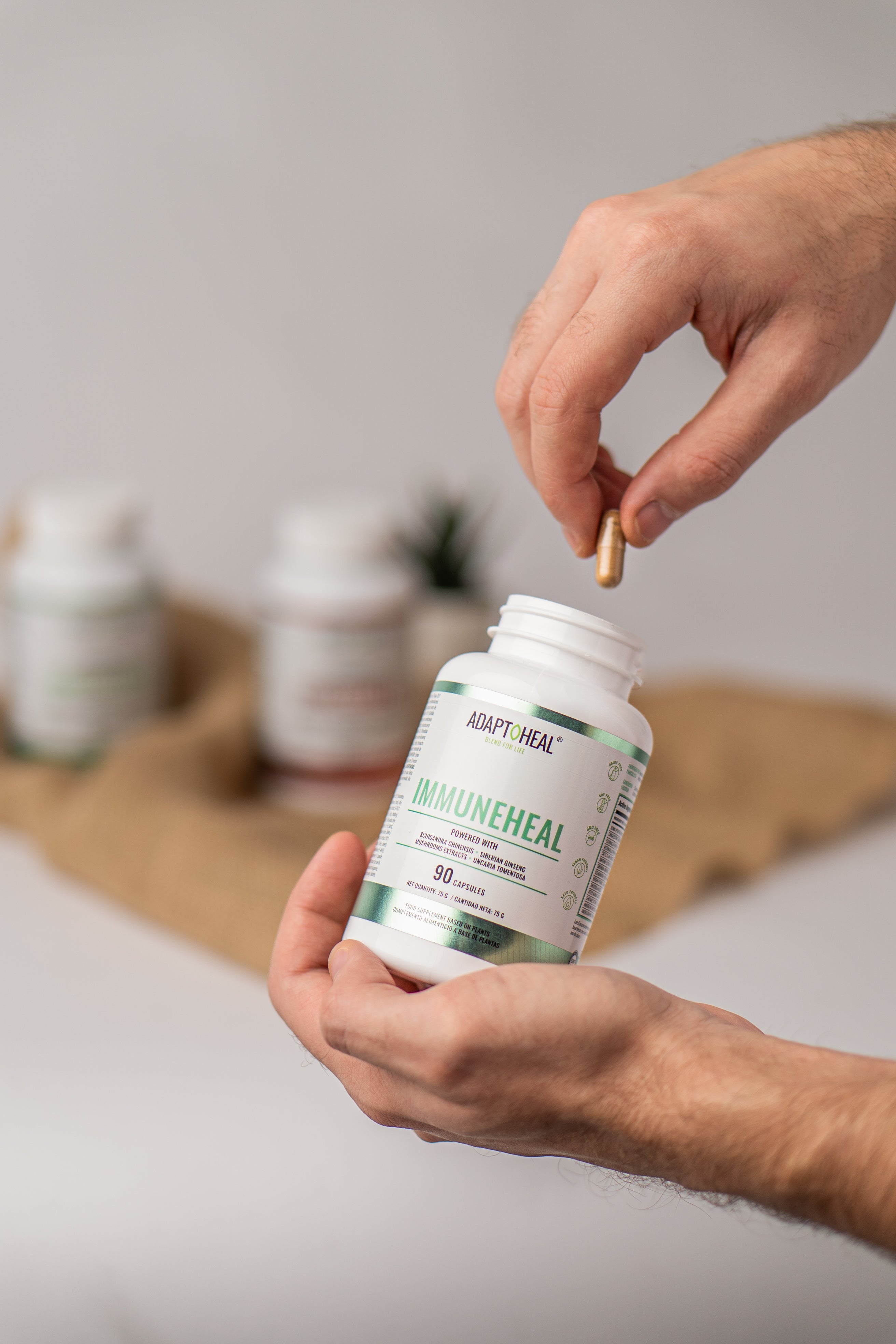The relationship between the liver and the body's detoxification
The liver is one of the most important organs for detoxifying the body, and its function is vital to maintaining our health. This organ filters toxins, metabolizes nutrients, produces bile, and helps regulate numerous processes in our body. When we talk about detoxification, the liver is the center of attention, as it processes and eliminates harmful substances, allowing our body to function optimally.
How does the liver work in detoxification?
The liver has two main phases to eliminate toxins from the body:
- Phase 1 : In this stage, liver enzymes transform toxins into less harmful compounds, oxidizing or neutralizing them. In some cases, toxins may temporarily become even more reactive, so it's crucial that the process continues properly into phase two.
- Phase 2 : Here, toxins combine with other molecules to be eliminated from the body, either through urine, sweat, or feces.
Through these two phases, the liver metabolizes everything from medications and alcohol to waste products derived from normal metabolic processes. This constant work helps keep our body clean and balanced.
Factors that overload the liver
Although the liver is designed to efficiently detoxify the body, certain habits and factors can overload it, preventing it from functioning properly:
- High-fat and high-sugar diet : An inadequate diet can cause the liver to accumulate fat, which could lead to fatty liver disease.
- Excessive alcohol consumption : Alcohol is one of the main causes of liver damage, as the liver must metabolize and eliminate it.
- Exposure to environmental toxins : Chemicals present in food, air, and cleaning products can affect liver function if they accumulate in the body.
- Frequent use of medications : Some drugs, such as painkillers or antibiotics, can put an extra strain on the liver when taken long-term.
When the liver is overloaded, some of the most common symptoms include chronic fatigue, sluggish digestion, unexplained weight gain, and skin problems such as acne or rashes.
How to support liver detox?
To help maintain liver health and promote proper detoxification, it's important to incorporate certain habits and foods into our routine:
- Drink enough water : Water is essential to help the kidneys and liver eliminate toxins through urine.
- Eat foods rich in antioxidants : Fruits and vegetables such as blueberries, broccoli, and garlic contain antioxidants that help protect liver cells.
- Reduce alcohol and sugar consumption : Keeping these factors under control is crucial to avoid overloading the liver.
- Exercise regularly : Exercise helps reduce the accumulation of fat in the body and, therefore, in the liver.
- Include the Liverheal formula: to give this important organ the care it needs naturally with adaptogens.
Effective tips for a digital detox that complement physical and mental cleansing.
Warning signs of an overloaded liver
The liver can give signals when it's not functioning properly. Some of the most common warning signs include:
- Constant fatigue .
- Pain or discomfort in the upper right part of the abdomen .
- Yellow eyes or skin (jaundice).
- Abdominal swelling .
- Itchy skin .
The liver is an essential organ for detoxification and maintaining overall body health. Supporting it through a balanced diet, good habits, and controlling the intake of external toxins is key to optimal function. Incorporating self-care practices and paying attention to our body's signals is an effective way to promote long-term liver health .










